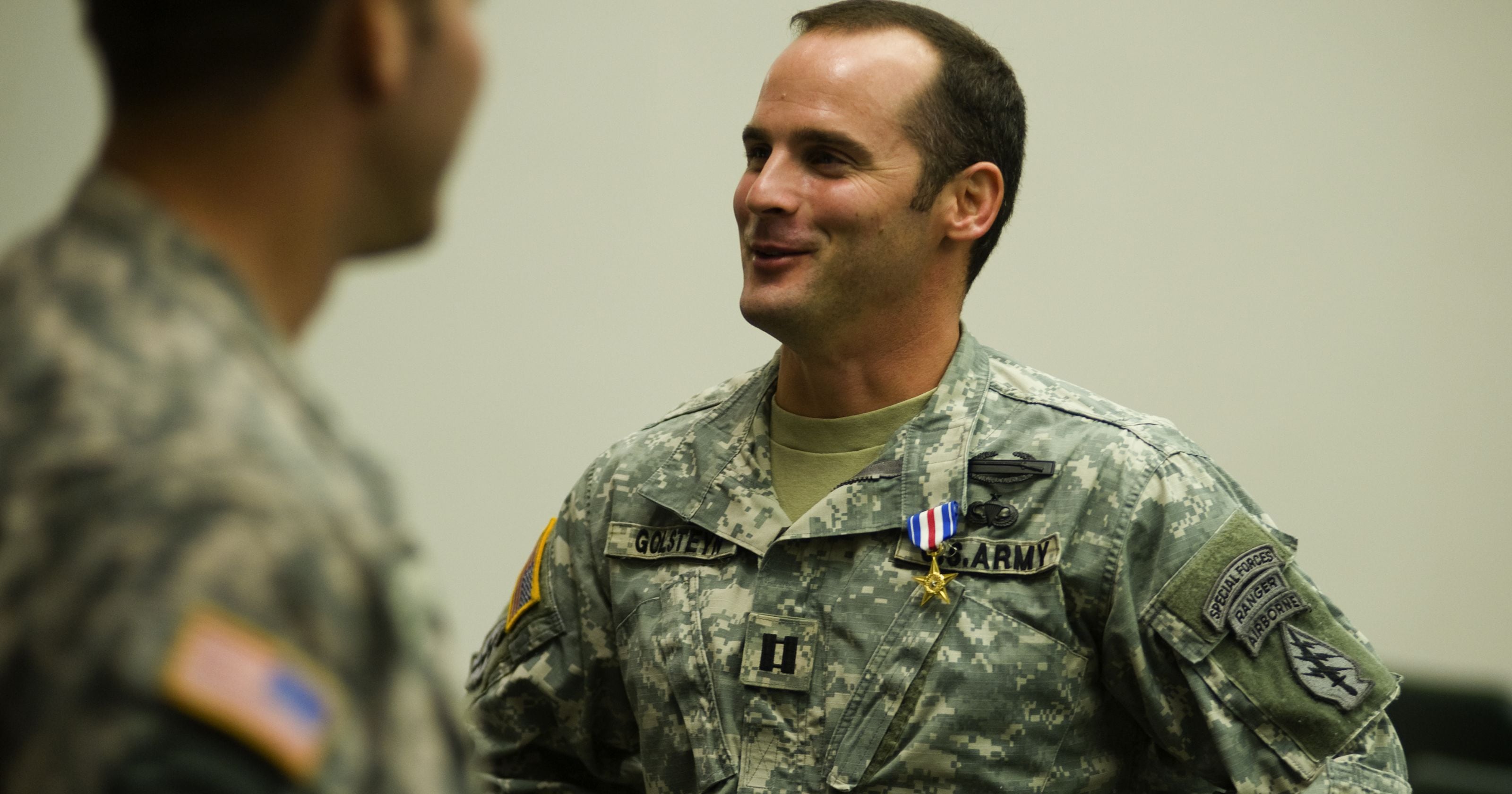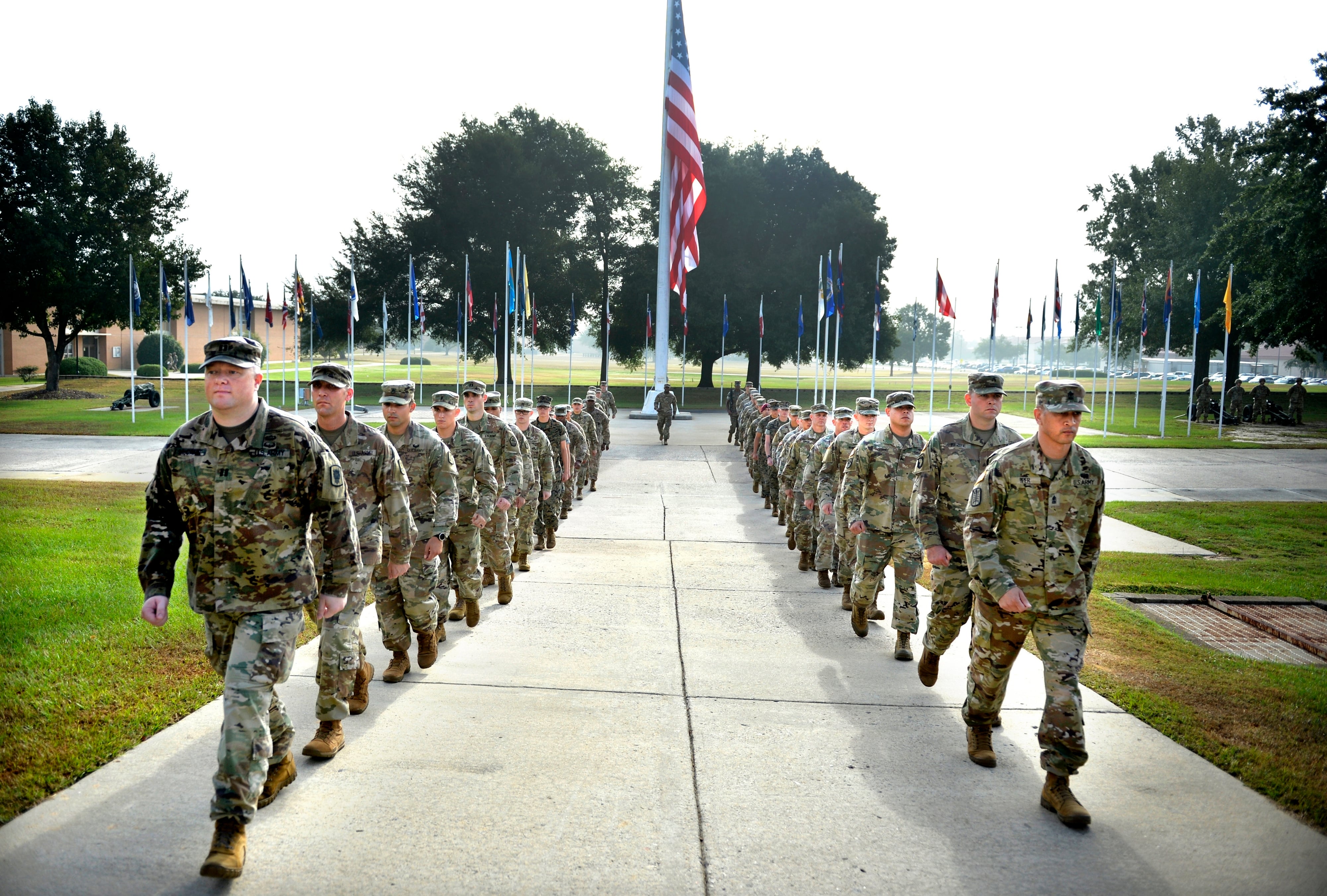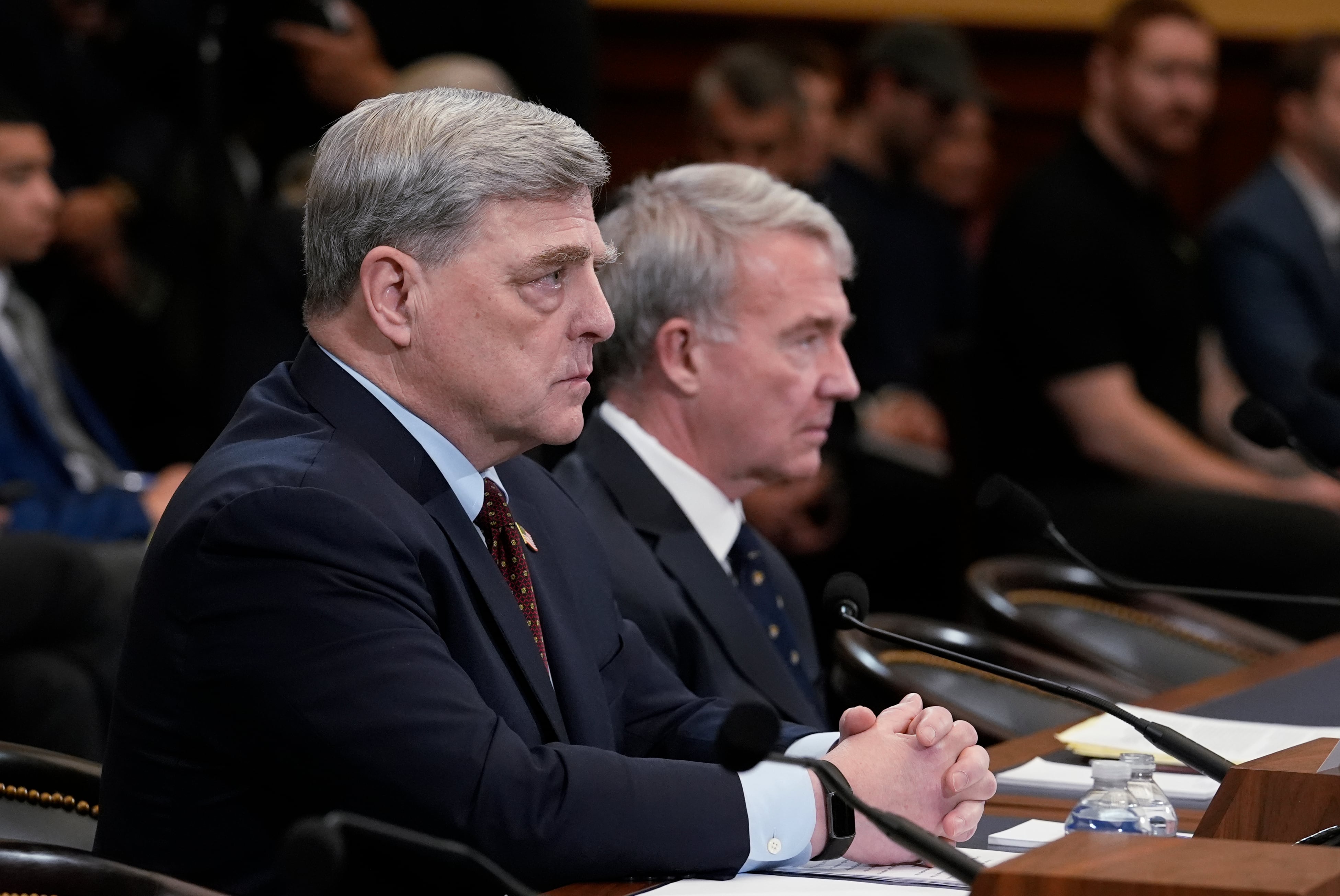The Army is digging for dirt that could show Maj. Matthew Golsteyn wasn't the super-soldier the media and his records suggest as it prepares for the former Green Beret's May 18 separation board hearing.
Pollard forwarded the request in less than an hour to a number of fellow soldiers, whose names were redacted.
"MAJ Goldstein (sic) is facing a separation board and the Army needs to provide evidence that he was not the dedicated professional warrior the media is currently portraying him as," Pollard wrote. "I believe some of you have first-hand knowledge of this and may be willing to testify about it. If I am wrong, disregard this email. This is not about the alleged incident. It is about the defense trying to say that he is a super-soldier and the Army proving otherwise."
The Army has never publicly stated the allegations against Golsteyn. Army Criminal Investigation Command initiated a probe after Golsteyn performed a lie detector test as part of a job interview for the CIA.
The soldier's lawyer has the said the Army investigated whether Golsteyn, while serving as a member of 3rd Group, shot an unarmed combatant suspected of building a bomb that killed two U.S. Marines in Marjah, Afghanistan in 2010. No charges were filed but Army Secretary John McHugh apparently learned enough about Golsteyn to determine the soldier no longer merited his medal — earned for actions in an unrelated incident during the same deployment.
Now Golsteyn hopes to convince the board of three officers that he deserves to stay in uniform.
McKenna is a board reporter on the case. As part of the separation board process, board reporters can gather feedback from a soldier's peers.
"The Board recorder is responsible for providing evidence to show the behavior and duty performance that best characterizes the officer's service," said Lt. Col. Mark Lastoria, spokesman for Army Special Operations Command, in an emailed statement.
Hunter said he doesn't buy that.
"This (email thread) isn't 'tell us what he did actively wrong.' This is 'tell us how this guy is a bad soldier,'" Hunter told Army Times. "You don't say 'somebody get me some facts for character assassination.'"
In a follow-up email to Pollard and the others, McKenna did clarify that responding to the request came with no commitment to testify, and that he needed to "touch base for due diligence on the part of the command."
McKenna declined comment for this article. Pollard did not respond to requests for comment.
Hunter has advocated for Golsteyn for months now, writing a number of commentary pieces for media outlets, including one for Army Times.
Hunter also provided Army Times with pages from Golsteyn's officer evaluation reports, spanning 2003 to 2012 (though the office does not have his evaluations from summer 2006 to summer 2008).
His more recent evaluations still compliment him and rate him "satisfactory performance; promote." The most recent review provided by Hunter's office occurred after the major's duties shifted from field officer to teaching a Special Forces urban combat course and learning Russian. Hunter's spokesman Joe Kasper said that coincided with the Army sidelining Golsteyn amid the accusations.
McHugh's spokesman, Lt. Col. Christopher Kasker, has repeatedly defended his boss's actions following the criminal probe.
"The results of that investigation were provided to Army leadership, and appropriate action — within the scope of the Army's current ability to do so — was taken," Kasker told Army Times in a written statement earlier this month.





